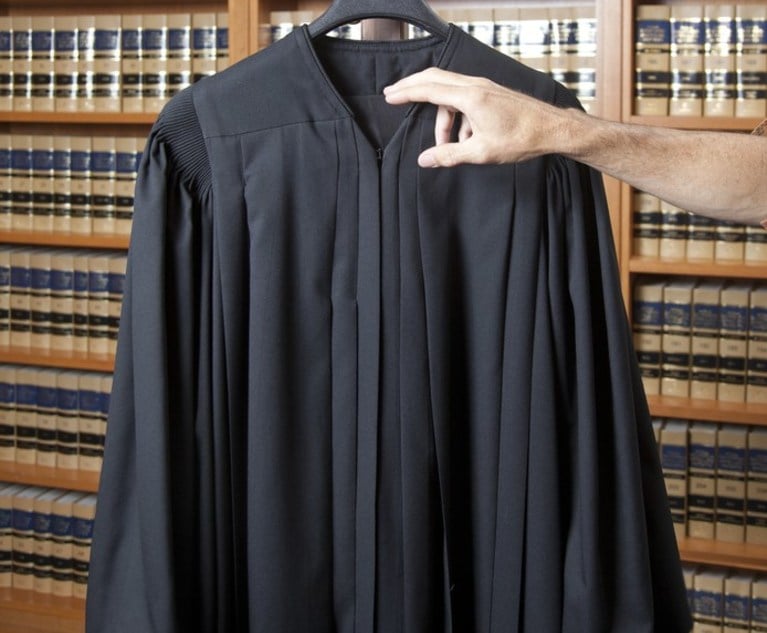The Advisory Committee on Judicial Ethics responds to written inquiries from New York state’s approximately 3,600 judges and justices, as well as hundreds of judicial hearing officers, support magistrates, court attorney-referees, and judicial candidates (both judges and non-judges seeking election to judicial office). The committee interprets the Rules Governing Judicial Conduct (22 NYCRR Part 100) and, to the extent applicable, the Code of Judicial Conduct. The committee consists of 27 current and retired judges, and is co-chaired by the Honorable Margaret Walsh, a justice of the supreme court in Albany County, and the Honorable Lillian Wan, an associate justice of the appellate division, second department.
Digest: (1) A full-time judge who is, along with their siblings, a beneficiary of their parent’s estate may (a) assist the sibling who is serving as executor in selecting an attorney for the estate; (b) review documents relating to the estate and the probate proceedings; (c) discuss the estate and the proceedings with the other sibling beneficiaries; and (d) provide free legal advice to their siblings, including the executor, regarding the estate and the proceedings. However, the judge may not represent their siblings or the estate, nor participate in meetings with estate counsel. (2) Where the judge, as beneficiary, has a direct personal interest in the estate proceeding, the judge must disqualify in all matters involving the attorney for the estate, both during the representation and for a period of two years from its termination.







